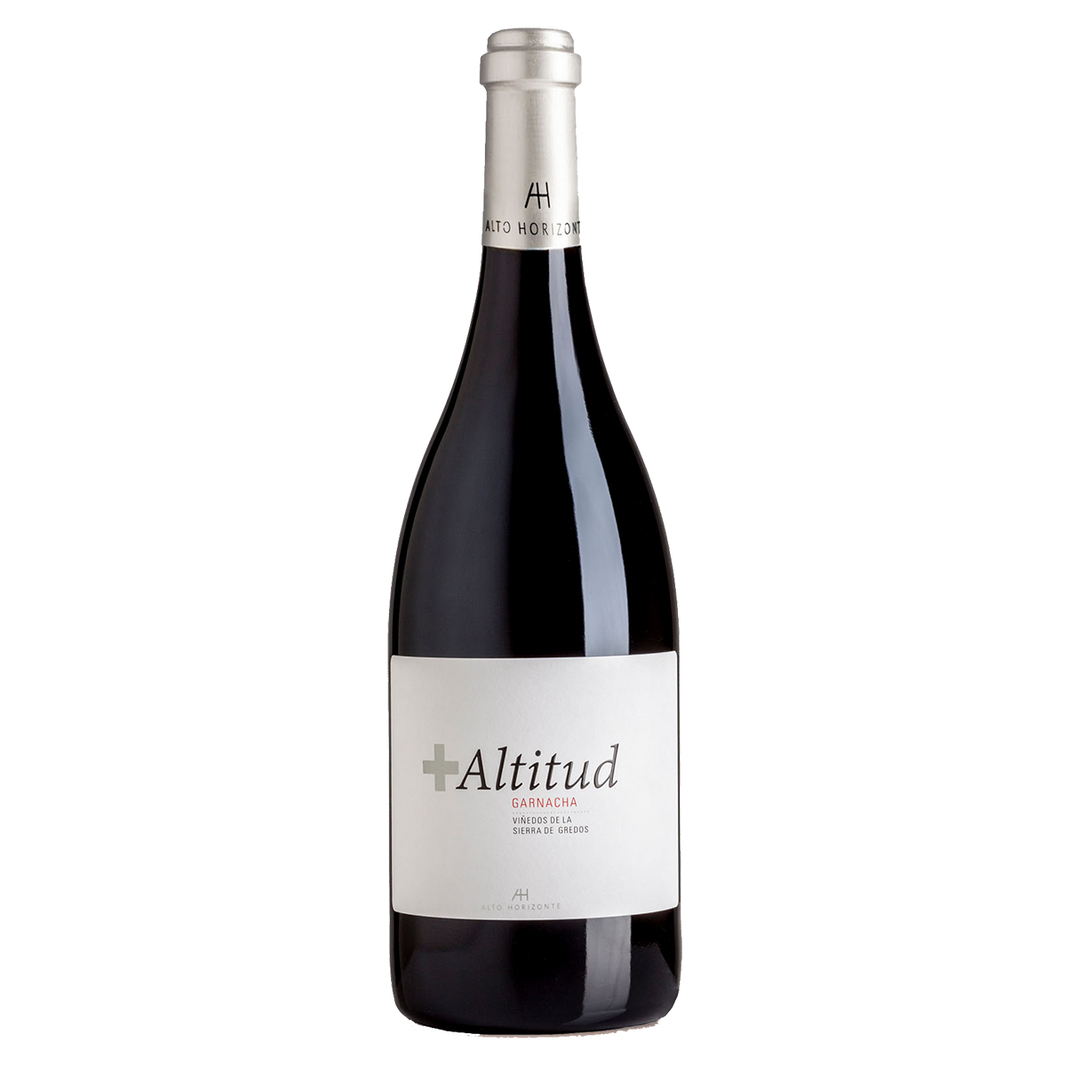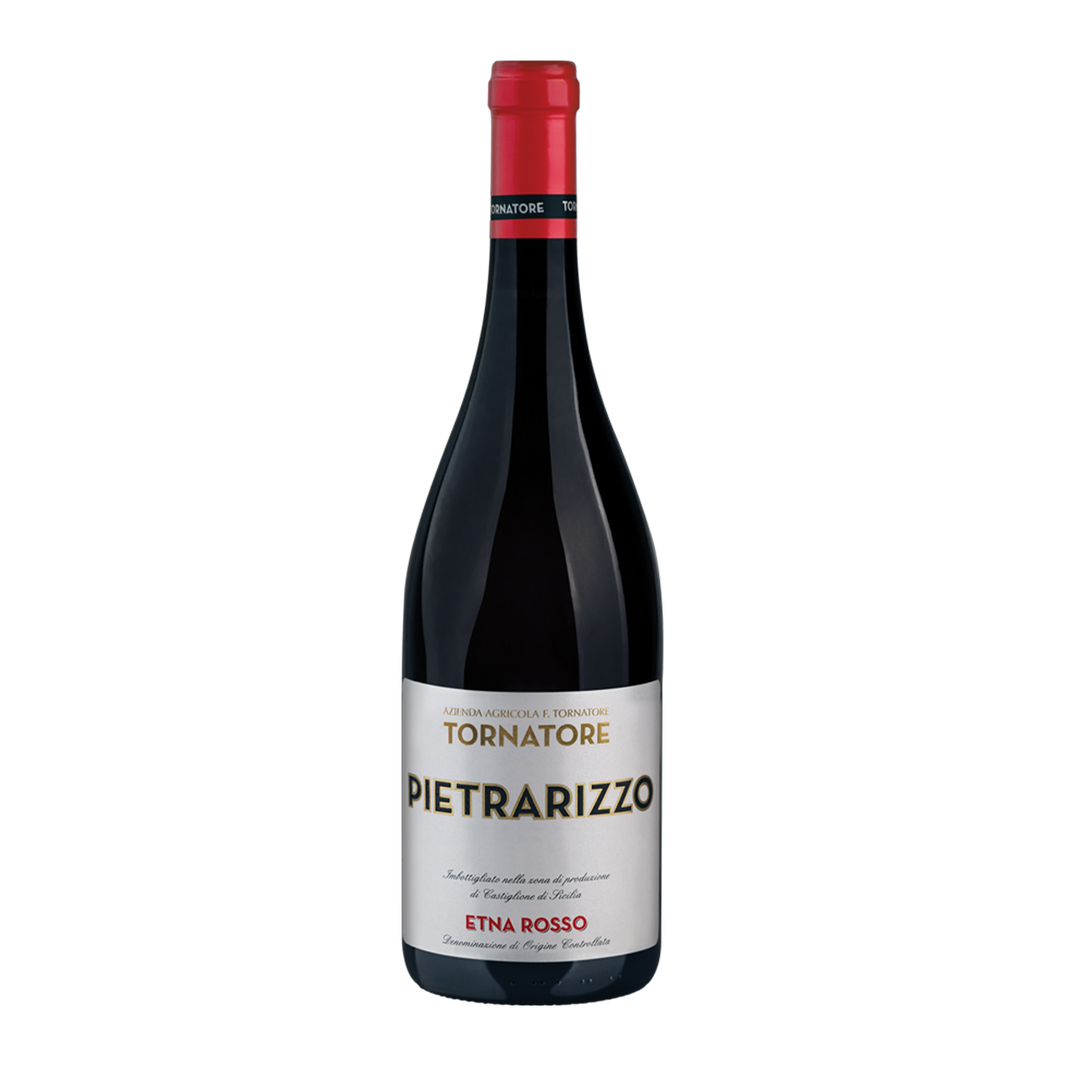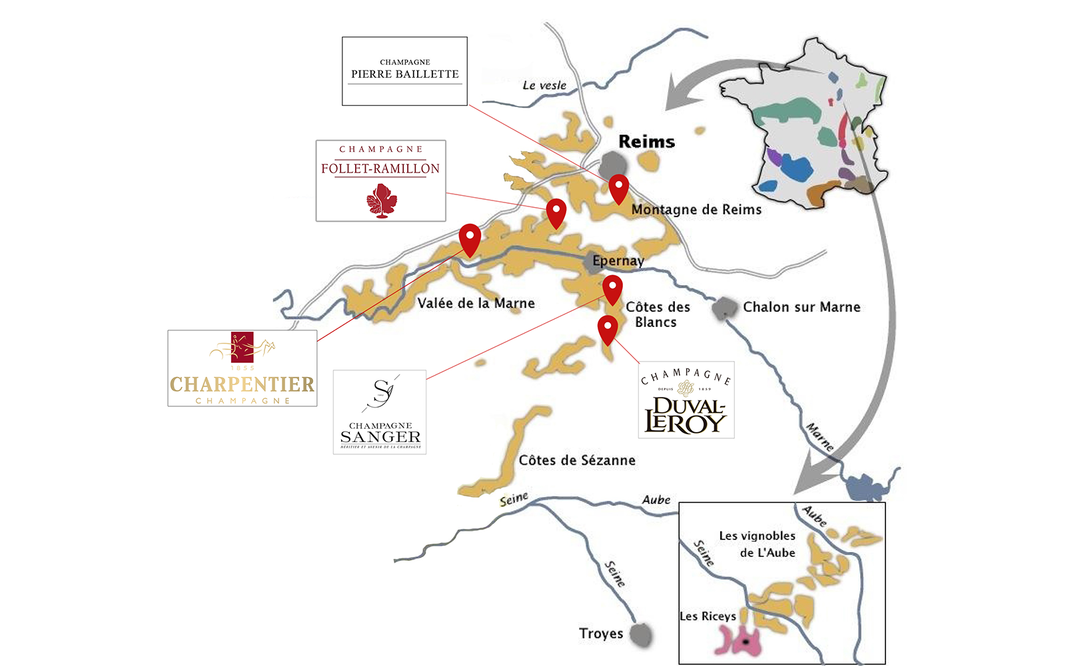In recent years, terms related to wine that emphasize consideration for nature and the environment, such as sustainability, SDGs, organic farming, biodynamic farming, natural wine, and vin nature, are frequently heard in society.
Indeed, many of us often come across various logos stamped on wine labels. However, it is unlikely that most people have a clear understanding of the differences in what each logo represents.
Therefore, we will explain the differences in the numerous organic certifications.
Differences in Farming Methods
Before understanding the differences in certification agencies, let's first understand the methods of cultivating grapes used for organic wine.
Understanding these farming method differences is a prerequisite for understanding the differences in organic certification agencies.
Although we will touch on the specific regulations for each certification agency, please first grasp the concepts of each term mentioned here.
Lutte Raisonnée - Reasoned Cultivation
Lutte Raisonnée (meaning "reasonable approach" in French) refers to a method of reduced pesticide farming, where crops are grown without using chemical fertilizers or pesticides, and only minimal amounts of pesticides or chemical fertilizers are used when necessary, such as when crops are affected by pests or diseases.
There is no clear definition of pesticide usage under Lutte Raisonnée farming, and since there is no certification body, the amount of pesticides used relies on the conscience of the farmers.
In regions like Champagne or Chablis, where strict environmental conditions exist, farmers may need to use pesticides depending on the year, making Lutte Raisonnée farming prevalent in such areas.
Biologique - Organic Farming
Biologique farming, also known as organic farming, prohibits the use of chemical fertilizers, herbicides, and pesticides. Instead, organic farmers use animal manure and other natural fertilizers to cultivate grapes.
However, traditional pesticides such as Bordeaux mixture, used for disease prevention, are exceptions allowed in organic farming.
Harvesting is done manually, as the use of machinery can damage the soil and grapes.
Biodynamique - Biodynamic Farming
In terms of the basic principle of not using chemical fertilizers, herbicides, or pesticides, biodynamic farming is similar to organic farming.
However, it goes beyond organic farming by integrating the principles proposed by Rudolf Steiner, an Austrian philosopher, which involve utilizing the forces of the cosmos and celestial bodies in cultivation.
Specifically, farming activities such as fertilizer application and grape harvesting are determined based on the movements of the moon and constellations.
Biodynamic farming is adopted for growing grapes used in producing wines like Domaine de la Romanée-Conti, which is known for being the most expensive wine in the world.
Certification for Agricultural Production Activities
Now that we understand the differences in farming methods, let's move on to explaining the differences in certification agencies.
There are two main categories of certification agency differences:
- Certification for agricultural production activities.
- Certification for wine production and cultivation.
We'll start with certification for agricultural production activities.
High Environmental Value Certification (HVE)

HVE certification, which stands for "High Environmental Value," is awarded to French agricultural practitioners/grape growers who adopt appropriate approaches from grape cultivation to bottling.
The environmental certification complies with regulations in four areas: biodiversity conservation, plant protection strategies, fertilizer management, and water resource measures. There are three levels of certification:
- Level 1: Awareness of the current situation, meaning that grape growers have basic knowledge of sustainable cultivation.
- Level 2: Compliance with specified criteria, adhering to 16 criteria in four areas.
- Level 3: Achievement of specified indicators, based on indicators such as respect for biodiversity, pest control, and fertilizer and irrigation noise management.
Starting from January 2023, it underwent some revisions and became more stringent overall, causing concerns among grape growers.
Especially in Bordeaux, there was a proposal to make HVE certification a mandatory requirement for AOC (Appellation d'Origine Contrôlée), but it was eventually aborted due to its strictness.
EU Organic Certification (Euro-leaf certification)

This mark certifies that the agricultural products have been produced following the EU's organic farming regulations. It requires periodic inspections according to EU regulations throughout the entire process from cultivation to consumption. For processed products, it requires that over 95% of the raw materials be organic. For wine, it requires that no synthetic chemical products have been used for the past three years.
AB Certification

This mark is a certification by the French Ministry of Agriculture, abbreviated from "Agriculture Biologique," meaning "organic farming." It requires over 95% organic ingredients, production or processing within the EU, and annual unannounced inspections. The specifications for organic farming are at the same level as those of Euro-leaf, but while it's mandatory to display the label for Euro-leaf, it's optional for AB.
ECOCERT

ECOCERT, headquartered in Toulouse, France, with 23 branches worldwide, is the largest international organic certification agency, providing organic certification in over 80 countries, including Japan. It requires strict audits and inspections, including soil and pesticide residue tests once a year.
Demeter


Demeter is a German organic certification agency that certifies agricultural products and processed products based on biodynamic agriculture. It has stricter standards than other organic certification systems and is considered a symbol of status in Europe and the United States.
Certification for Wine Production and Cultivation
Now, let's look at certifications that specialize in grape cultivation and wine production.
While they may not be as well-known as certifications for agricultural production activities, they are still important for wine enthusiasts, as they may include sensory tests for wines or involve renowned producers.
Terra Vitis

Terra Vitis is an organization that started in Beaujolais in 1998, founded by grape growers and winemakers, and has grown into a nationwide French organization. It focuses 100% on grape cultivation. Compliance with environmental conservation, social responsibility, and economic sustainability are the three pillars of their specifications, and adherence to these specifications leads to certification for producers and their wines.
Biodyvin

Biodyvin is a certification by an organization practicing biodynamic farming established in France in 1995. While not as detailed as Terra Vitis, it requires wine tasting as part of the certification process. It has gained popularity in recent years, with prestigious wineries such as Domaine de la Romanée-Conti and Domaine Leflaive joining.
Vin Méthode Nature

Vin Méthode Nature is a certification established by the Vin Nature Protection Association. It aims to provide consumers with a clear understanding of what wines are considered natural. To qualify, wines must use certified organic grapes, be harvested by hand, and be produced using wild yeast from the region of origin. The certification mark is designed in two versions, distinguishing between wines with no added sulfites (indicated by "sans sulfites ajoutés") and wines with sulfites below 30 mg/L (indicated by "< 30 mg/l de sulfites ajoutés").
Conclusion
In summary, organic certifications, to varying degrees,









